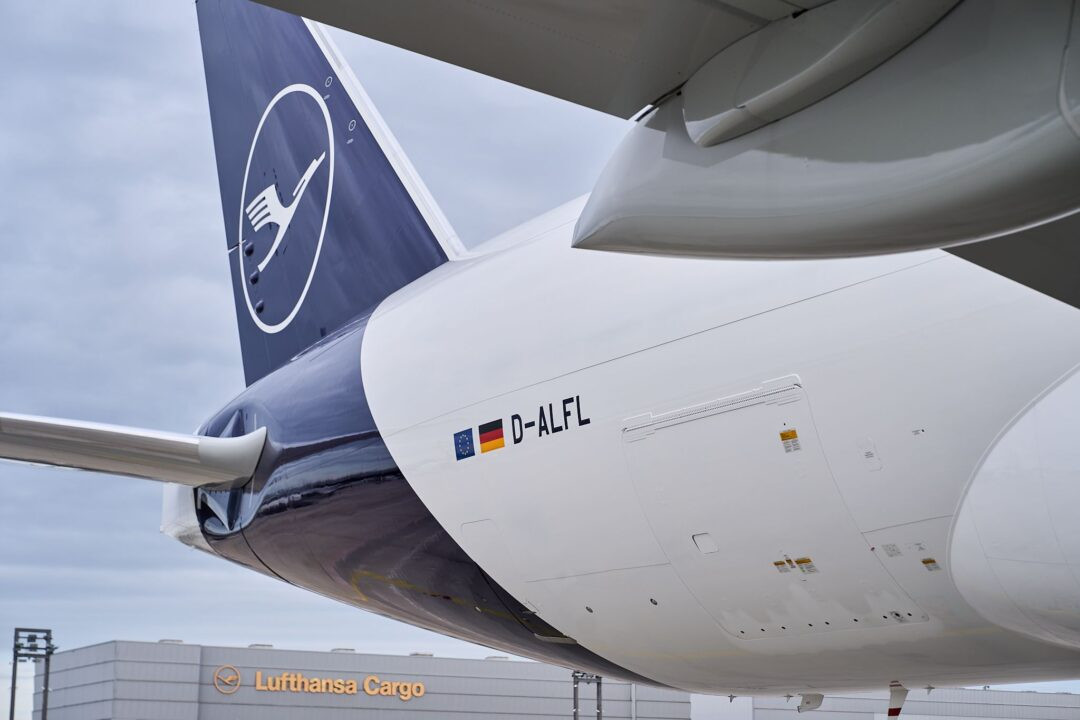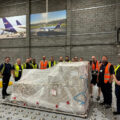In Nairobi, the mother’s Mercy Home stands still as a symbol of resilience. This orphanage has been a sanctuary for children without families for more than two decades. Here the roots of cargo mothers were planted, and from there a network of humanitarian projects has ever grown over Kenya. What started as a small, volunteer -driven initiative, became a lifeline of medical treatment, education and long -term event for thousands of people.
The essence of this effort lies a simple idea: Solidarity. Access to healthcare, schooling or even clean water is not a given in many parts of Kenya. Yet, with modest resources, extraordinary results are achieved. “With just twenty -one euros, you can provide one person for one year for medical treatment,” explains the retired captain and founder of Cargo Human Care, Fokko Doyen. ‘Almost no one in Kenya has health insurance. That’s why our medical center is so essential. ‘
The scale of need is deterrent. Over the past year alone, the organization’s clinic near Nairobi performed more than 40,000 treatments for patients who could not pay for care elsewhere. Thirty -five volunteer doctors, along with about seventy active supporters, form the backbone of this service. Local employment is also central: Twenty -six Kenyan staff members keep daily operations. The impact extends far beyond the clinic, to education and training for more than 300 young people supported in apprenticeships and university programs.
What distinguishes this model is its effectiveness. Administrative costs are kept up to 0.3 percent. “From one euro, more than ninety-nine cents reach the people directly,” Doyen noted. “It’s very effective, and that’s what motivates us to get on.”
Build bridges through business
Until now, much of Cargo Human Care’s support of individual donors and families comes. But the organization looks outside and tries to connect humanitarian work in a structured way to the corporate world. In Frankfurt, Norbert Pahlsmeyer, head of cooperation at Lufthansa Cargo and a major supporter of the charity, set out a new vision: the business partnership program for humanity.
“It’s a kind of world premiere,” Pahlsmeyer said. “We want to improve lives with the freight industry. Private sponsors have been supporting us for years, but we are not so strong in the corporate environment. With this program, companies can do a shared responsibility approach.”
The initiative provides different levels of involvement, from sponsoring medical treatments to supporting schools or occupational training centers. ‘At the bronze level, for example, a company can sponsor ten medical partnerships or support a school. At gold level, they can finance various schools or specific projects, even with their name on buildings if they want, ‘Pahlsmeyer explained. Each partner will also receive a dedicated manager to ensure that their involvement is significant and effective.
In addition to financial donations, practical support is equally valuable. At the moment, for example, the charity is to seek help to transport computers from Germany to Kenya. “That’s where the industry can really make a difference,” Pahlsmeyer insists. “We need partners who can walk in and help us get resources where they are most needed.”
He also touched the broader cultural shift within businesses. “My daughter would never work for an airline, unless it offers some kind of social responsibility. Young people want a purpose, they want to see their business return. This program gives businesses the chance to demonstrate exactly that. ‘
A vision for sustainable impact
The projects already underway in Kenya illustrate both the scope and the ambition of the work of Cargo Human Care. Along the Mother’s Mercy Home and the Medical Center, there is the John Kahenya residence, which houses more than sixty-five young adults in training or higher education. Schools were founded in Nairobi and Northern Kenia, including the Happy Child Education Center, Wings Academy and Ilazar Girls High School, who educate about 400 students.
Water scarcity was also addressed. A project near Marsabit offers clean water to approximately 8,000 people, while plans for a career center for professional training are aimed at equipping the next generation with practical skills for long-term independence. “Sustainability is our focus,” Doyen emphasizes. “We treat not only immediate needs, but also to build futures.”
However, funding remains a constant challenge. The running costs now stand about € 680,000 a year. Events such as Barockstadt Lauf Charity Run, which draws nearly 1,000 participants annually, make important contributions. The proceeds of this year go for the construction of a new school for girls in northern Kenya. Symbolically, one of the plane of Lufthansa Cargo carries a special vibrancy with artworks painted by Doyen’s wife, depicting children from the orphanage – a flying ambassador for the cause.
The new partnership program wants to build on these foundations, which ensure long -term stability through deeper corporate involvement. “We offer fifteen years of experience as a charity,” Pahlsmeyer said. “Low overhead, sustainable development, projects that make a tangible difference. We give businesses the opportunity to join us to create impacts that last.”
For both men, the call is clear: collaboration is not only desirable, it is essential. “We can move more together,” Doyen concluded. “It’s not just a slogan. This is the reality of how lives are changed. Only, we can do a lot. But together we can do so much more. ‘


